2021 CESM Tutorial Participants
Below are the participants of the 2021 CESM Tutorial. Featuring a picture and short bio about them.
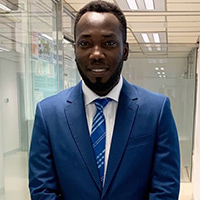
Akintomide Afolayan Akinsanola

Allison Berry
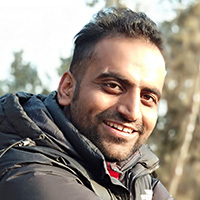
Hemraj Bhattarai
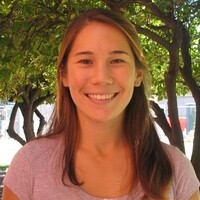
Alice Chapman
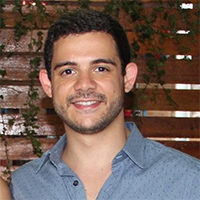
Gustavo Cretton

Yue Dong

Nick Duong

Vicki Dutch

Cuiyi Fei
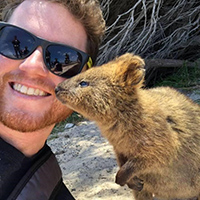
Ryan Glaubke
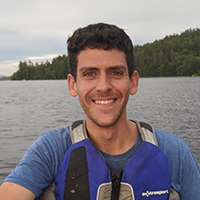
Alex Gottlieb
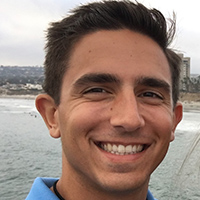
Joseph Gradone

Nabindra Gyawali
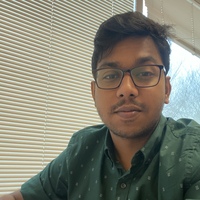
Madhi Hasan
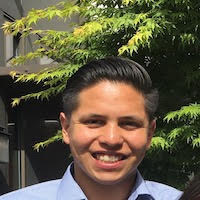
Jacob Hendrickson
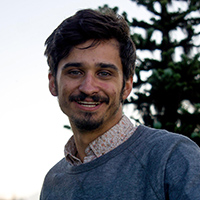
Joseph Hallowed

Jize Jiang

Hanjun Kim

Dervla Meegan Kumar
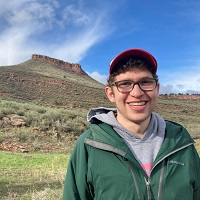
Jed Lenetsky
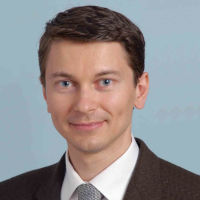
Olexandr Lednyts'kyy

Yue Li

Binghan Liu
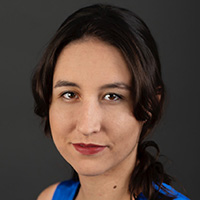
Ana Lobo

Vanessa Maciel
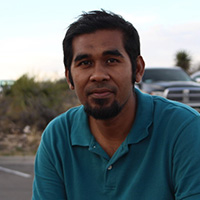
Subhail Mahmud
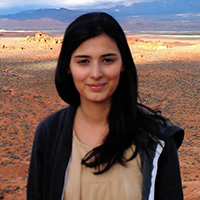
Samar Minallah

Dimitris Mitropoulos

Maria Molina

Frida Perez

Anh Pham
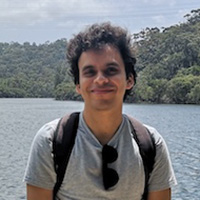
Byrum Pinto
I am a Peruvian meteorologist with a MSc degree in Atmosphere Ocean & Climate from the University of Reading and currently a PhD student in the Climate Change Research Centre at the University of New South Wales. My research interests are Tropical climate and variability, atmosphere-ocean interactions and inter-basin teleconnections. Furthermore, my personal interests involve travelling, experiencing other cultures and making/eating desserts :).
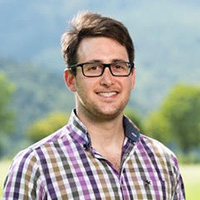
Sam Rabin
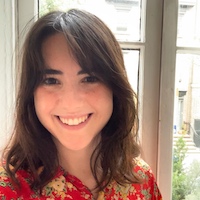
Dana Raiter
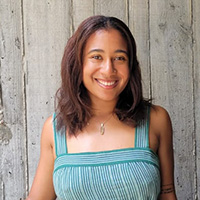
Emma Renee Robertson
I am a 2nd year PhD student at Penn State in the Department of Geography. In 2020, I completed my B.S. in Environmental Science at UMass Amherst. I am interested in studying ice sheet-climate dynamics, particularly in West Antarctica. I plan to integrate climate modelling with ice core records to investigate how extreme weather events like atmospheric rivers impact ice sheet surface mass balance and sea level rise. My hobbies include going to concerts, hiking, travelling, and going to the beach with my friends.

Noah Rosenberg

Harmanveer Singh
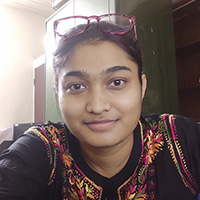
Jyoti Singh

Ben Taylor
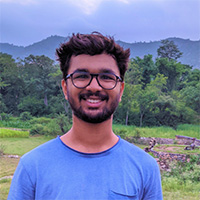
Rudradutt Thaker

Juan Palbo Tolento
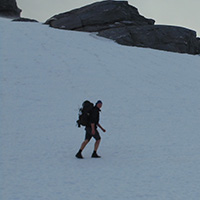
Tim van den Akker

Chenghao Wang
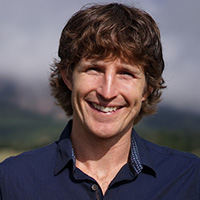
Brandon Wolding

Xiaodong (Daisy) Zhang
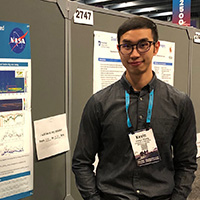
Jianyu Zheng
Tutorial Links
- Home: Main page for the 2021 CESM tutorial
- Agenda: View the agenda in pdf format
- Announcement: Information about the event and how to apply to the tutorial
- Participants: Participants of the 2021 CESM Tutorial * Coming soon
- Prerequisites: Please complete the following activities to ensure you are prepared for the tutorial
- Coursework: View the sciences presentations and the labs exercises.
- Video recordings: View all the recorded sessions in one YouTube Playlist
* Note the complete list of tutorial videos can be found on the coursework page
